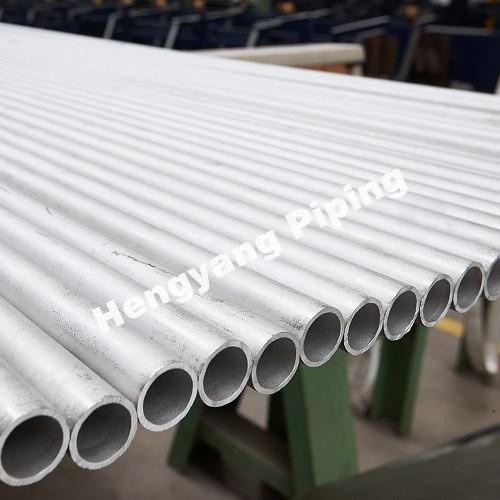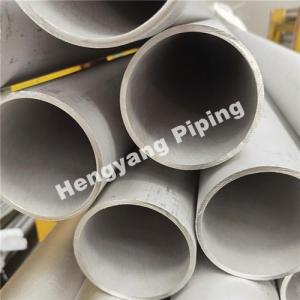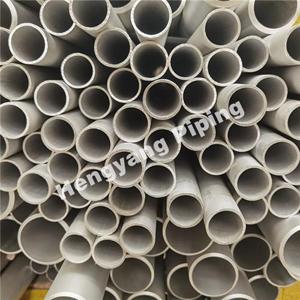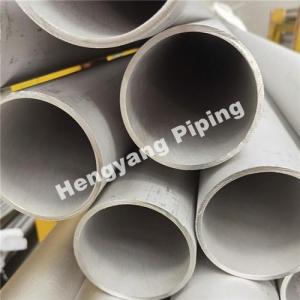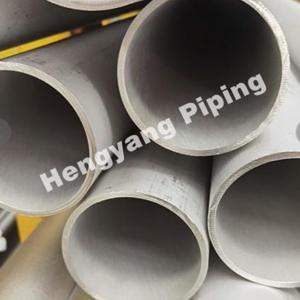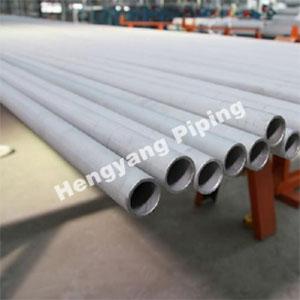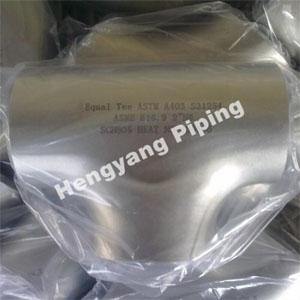What is Nickel Alloy and Inconel?
The question "What are Nickel Alloy and Inconel?" has an interesting answer. In this blog, we'll explore both materials and their applications.
Let's Start with Nickel
Nickel is an incredibly versatile element with a range of beneficial properties, including heat and corrosion resistance, electrical and magnetic capabilities, and low thermal expansion. Additionally, nickel bonds well with various other metals to form durable alloys.
This adaptability and its unique properties make nickel a highly valuable metal, leading to the development of many nickel-based alloys used in diverse applications.
So, what are Nickel Alloy and Inconel?
A nickel alloy is any metal alloy that contains a high percentage of nickel. Inconel is a specific type of nickel alloy known for its unique properties.
Altering the chemical composition of a nickel alloy can change its benefits, making each alloy suited to different commercial applications.
Common applications include:
- Aircraft gas turbines
- Steam turbine power plants
- Medical devices
- Nuclear power systems
- Chemical and petrochemical industries
Many applications require materials to be resistant to both corrosion and heat, making nickel and its alloys an ideal choice.
Among the various nickel alloys available, we specializes in two specific types: Inconel Alloy 625, which contains a minimum of 58% nickel, and Inconel Alloy 825, which has a nickel content ranging from 38% to 46%. Both alloys are known for their excellent performance in corrosive environments.
We can source a wide range of products, including round bars, flanges, and seamless pipes, in both Inconel Alloy 625 and Inconel Alloy 825.
Moving on to Inconel
Inconel alloy refers to a group of austenitic nickel-chromium-based "super alloys."
One of Inconel's key advantages is its ability to perform in "extreme" environments, whether due to high temperatures or high pressures. When exposed to intense heat, Inconel forms a stable oxide layer that protects the metal's surface from further corrosion. This process, known as "passivation," is a beneficial chemical reaction that essentially allows Inconel to create its own protective "shield" against future damage.
As a result of this passivation process, Inconel maintains its strength across a wide range of temperatures, unlike other metals such as aluminum, which may not withstand such conditions.
Applications of Inconel
The significant advantages of Inconel make it suitable for a wide range of markets and industries, including:
- Marine
- Aerospace
- Nuclear
- Chemical Processing
- Oil & Gas
- Automotive
Inconel is commonly used in high-performance equipment that must remain reliable under challenging conditions. For instance, in the oil and gas sector, it is frequently found in chemical processing and pressure vessels, well pump motor shafts, steam generators, and components such as turbine blades, seals, and combustors.
In sensitive applications, Inconel plays a crucial role in the core components of nuclear pressurized water reactors.
In a different context, Inconel is also prevalent in the automotive industry. It is used in exhaust systems for both Formula One and NASCAR vehicles, as well as in the turbo systems of modern cars and motorcycles, where exhaust temperatures can exceed 1,000°C.
From nuclear power to motorsports, Nickel Alloy and Inconel have established themselves in various high-pressure environments. It is clear that these materials are vital for engineers aiming to create high-functioning and stable products.
Let's focus on Inconel Alloy 625
Inconel Alloy 625 was developed in the 1960s as a material suitable for steam-line piping. It boasts an impressive ability to withstand high stress and a wide range of temperatures. Its capacity for passivation allows it to protect itself against corrosion and oxidation in various environments, including water, air, and acidic conditions.
Since its initial development, Inconel 625 has undergone modifications to enhance its weldability and creep resistance. "Creep resistance" refers to the ability of a solid material to deform slowly and permanently under sustained mechanical stress.
These advancements have broadened the applications of Inconel 625, making it ideal for the chemical processing industry and for manufacturing pumps, valves, and other high-pressure equipment in marine and nuclear sectors.
Some notable applications of Inconel 625 include:
- Seawater components
- Flare stacks
- Aircraft ducting systems
- Specialized seawater equipment
- Chemical process equipment
- Turbine shroud rings
- Engine thrust-reverser systems
- Jet engine exhaust systems
